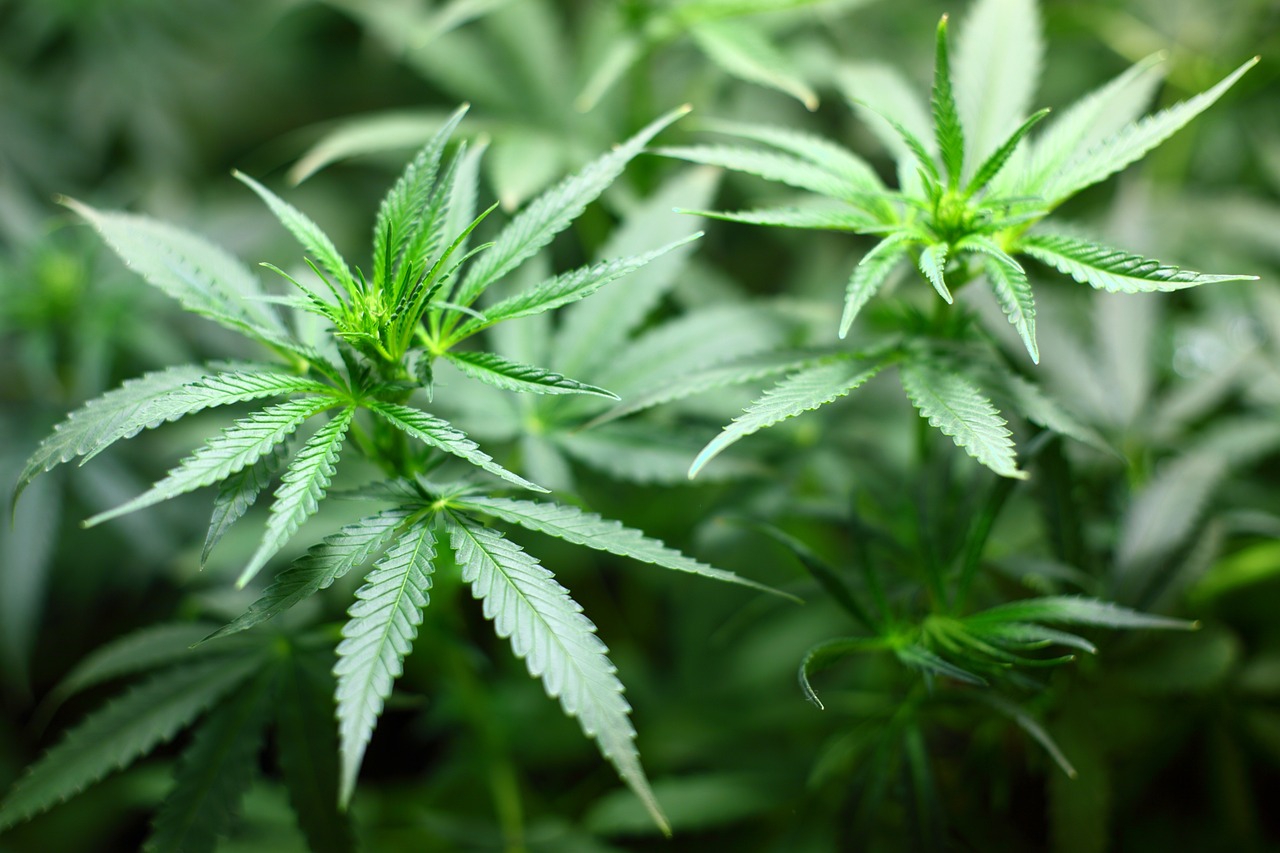When it comes to navigating the intricate landscape of tax regulations for cannabis dispensaries, Section 280E can feel like a maze with no clear exit. However, fear not, as there are strategies and methods that can help you navigate these murky waters and ensure your dispensary stays compliant while maximizing profitability. By understanding the basics of 280e Tax Law and implementing effective record-keeping practices, you can set your business up for success in minimizing tax liabilities and optimizing deductions.
Key Takeaways
- Consult tax experts for navigating 280E implications.
- Categorize expenses correctly to maximize deductions.
- Maintain meticulous records for compliance and deductions.
- Strategically minimize tax liabilities with professional guidance.
Understanding Section 280E Basics
To understand the basics of Section 280E, you must grasp its implications for cannabis dispensaries. Section 280E has significant tax implications for these businesses. This section of the Internal Revenue Code prohibits businesses that engage in the sale of controlled substances, such as cannabis, from deducting normal business expenses for federal income tax purposes. As a result, cannabis dispensaries are unable to deduct expenses like rent, employee salaries, and utilities when calculating their taxable income. This restriction can lead to substantially higher tax liabilities for dispensary owners compared to businesses in other industries.
Understanding Section 280E is crucial for cannabis dispensary owners to navigate the complex landscape of tax compliance. By being aware of the implications of Section 280E, you can make informed decisions regarding your business operations and financial strategies. It is essential to consult with tax professionals who specialize in cannabis tax law to ensure full compliance with Section 280E and minimize tax liabilities.
Identifying Allowable Expenses
Understanding Section 280E’s impact on allowable expenses is crucial for cannabis dispensary owners seeking to minimize tax liabilities and navigate the complex tax compliance requirements effectively. Proper expense categorization and strategic tax planning are essential for optimizing deductions while staying compliant. By categorizing expenses correctly, you can maximize allowable deductions and reduce your tax burden.
Here is a breakdown of common expense categories for cannabis dispensaries:
| Expense Category | Description |
|---|---|
| Cost of Goods Sold | Direct costs related to product sales |
| Operating Expenses | Day-to-day costs of running the business |
| Non-Deductible Expenses | Expenses not directly related to the production of goods |
To ensure accurate expense categorization, maintain detailed records and consult with tax professionals well-versed in cannabis tax laws. Effective tax planning involves identifying allowable expenses early on, which can significantly impact your tax liability. Stay proactive in managing your expenses to achieve optimal tax outcomes while remaining compliant with Section 280E regulations.
Implementing Effective Record-Keeping
Effective record-keeping practices play a critical role in ensuring accurate financial documentation for cannabis dispensaries. To maintain compliance and streamline operations, consider the following strategies:
- Record organization: Implement a systematic approach to categorize and store all financial documents. Utilize digital tools for efficient data management, ensuring easy access and retrieval when needed. By organizing records consistently, you can facilitate swift compliance tracking and auditing processes.
- Compliance tracking: Develop a robust system to monitor regulatory changes and ensure that your record-keeping practices align with current requirements. Regularly update your procedures to reflect any modifications in tax laws or compliance standards. This proactive approach will help you avoid penalties and maintain a transparent financial trail.
- Documentation accuracy: Double-check all entries and ensure that information is recorded correctly. Accuracy in record-keeping is essential for tax filing purposes and can also aid in maximizing deductions strategically. Regularly review your documentation processes to minimize errors and discrepancies, enhancing overall compliance efforts.
Maximizing Deductions Strategically
Consider strategically maximizing deductions through meticulous analysis of your cannabis dispensary’s expenses and investments in compliance with 280e tax regulations. Strategic planning is key to optimizing your tax liabilities within the boundaries set by 280e. Start by categorizing your expenses into those directly related to production (cost of goods sold) and those considered indirect, such as rent, utilities, and marketing. By allocating expenses correctly, you can minimize the impact of 280e on your taxable income.
Additionally, explore opportunities for deductions within the constraints of the law, such as employee benefits, research and development, and security costs. Leveraging these deductions effectively can significantly reduce your tax burden. Remember, the IRS scrutinizes cannabis businesses, so maintaining meticulous records and documentation is crucial. Engage with tax professionals who understand 280e to ensure compliance while maximizing deductions. Through diligent analysis and strategic planning, you can optimize your tax position while staying compliant with 280e regulations. If you have a fractional or part-time cannabis CFO they will be able to handle this for you.
Minimizing Tax Liabilities
To minimize tax liabilities for your cannabis dispensary, strategically analyzing expenses and leveraging deductions within 280e regulations is essential. Effective tax planning and financial management can significantly impact your bottom line. Here are three key strategies to help you navigate tax compliance while reducing your tax burden:
- Keep Detailed Records: Maintaining accurate and organized records of your expenses is crucial for maximizing deductions. Proper documentation will not only ensure compliance with 280e regulations but also help you identify potential tax-saving opportunities.
- Optimize Cost Allocation: Allocate expenses between cost of goods sold (COGS) and non-COGS categories thoughtfully. By correctly categorizing expenses, you can minimize the portion subject to the onerous 280e limitations, potentially reducing your taxable income.
- Seek Professional Guidance: Engage with tax professionals or cannabis accounting experts experienced in cannabis tax laws. Their expertise can provide valuable insights into legal deductions, credits, and strategies specific to the industry, helping you make informed decisions to optimize your tax position.
Frequently Asked Questions
Can Cannabis Dispensaries Deduct Expenses Related to Employee Training and Development Under Section 280e?
You can deduct expenses related to employee training and development under section 280e if they directly contribute to employee retention and skill development. These expenses are considered ordinary and necessary business costs. By investing in your employees’ growth, you not only enhance their skills but also increase their loyalty to your dispensary. Remember to keep detailed records to support these deductions during tax compliance evaluations.
How Does Section 280E Impact the Taxation of Ancillary Services Offered by Cannabis Dispensaries?
When it comes to ancillary services provided by cannabis dispensaries, Section 280E significantly impacts taxation. Ancillary services, like delivery or consulting, are subject to the same restrictions as primary cannabis sales. This means that expenses related to these services may not be fully deductible, potentially leading to higher tax liabilities for your dispensary. Understanding the nuances of how Section 280E affects ancillary services is crucial for accurate tax compliance.
Are Cannabis Dispensaries Allowed to Deduct Expenses Related to Community Outreach and Education Programs?
You can’t deduct expenses related to community outreach and education programs as they often fall under marketing strategies and sponsorship opportunities. These activities are typically considered non-deductible under Section 280E due to their connection to promoting the business, rather than the direct cost of goods sold. It’s crucial to carefully track and separate these expenses to ensure compliance with tax regulations and avoid potential penalties.
What Are the Implications of Section 280E on the Tax Treatment of Expenses Related to Compliance With State Regulations?
When it comes to the tax treatment of expenses related to compliance with state regulations, section 280e has significant implications. Compliance costs, such as those incurred to adhere to state regulations, face restrictions under 280e. This means that certain expenses may not be fully deductible for cannabis dispensaries. Understanding the tax implications of state regulations is crucial for managing expenses effectively and ensuring compliance with 280e.
How Can Cannabis Dispensaries Navigate the Complexities of Section 280E When It Comes to Deductions for Research and Development Activities?
Navigating section 280e for deductions on research and development in cannabis involves strategic planning. Emphasize product testing and quality control as essential components. To maximize deductions, focus on innovation and technology advancements. Document all activities meticulously to support your claims in case of an audit. By prioritizing compliance and detailed record-keeping, cannabis dispensaries can better manage the complexities of section 280e and optimize deductions for research and development efforts.


